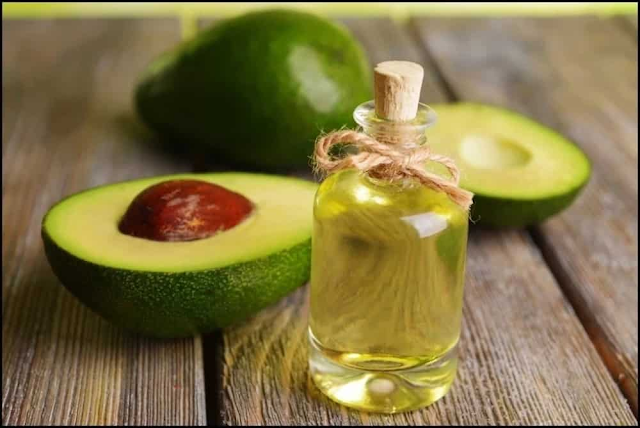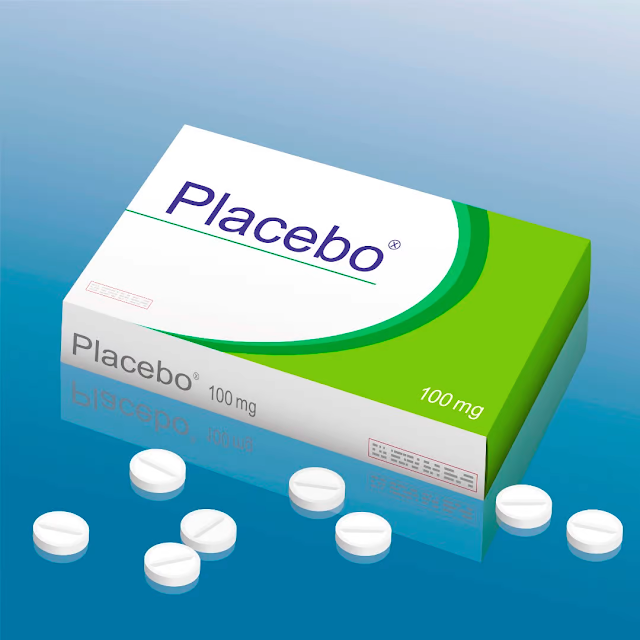Fruit Oils for Cooking?
This blog post is from the Nurse Kim archives of myth busting. I want to share some "alternative" or maybe just lesser known health and wellness viewpoints for you to chew on.
*These posts are not intended as official medical advice.
They ARE meant to be fun, informative, and thought provoking, hopefully sparking an interest for you to do your own research (you can start with the links I provide!) and discover the marvels of the human body, and how it can function at its optimal performance level if we understand how it works and interacts with our environment and our diet.
I have a passion for health and wellness through lifestyle and nutrition and have done thousands of hours of research in addition to being a registered nurse for 23 years. I have done A LOT of self-experimentation in and around diet, lifestyle, body care, and supplementation and have spent a lot of time looking into the science behind it all (or lack thereof!). Check back weekly for the latest post!
-----
I often get asked why I am okay with coconut, avocado, and olive oils if “vegetable” (i.e., seed) oils are bad (see prior post).The answer is simple, although kind of an AHA! moment for people when I say it. Coconuts, avocados, and olives are fruits, not vegetables (or seeds). So, the oils made from these are not seed oils at all, and do not have the same issues we are worried about with seed oils.
But I was recently reminded about palm kernel oil (technically a seed oil as it is pressed from the kernel inside the fruit! Gasp!) and wanted to do an overview about this very unique cooking oil option. But first, let's talk about why we are trying to avoid "vegetable" seed oils in general:
There are 3 reasons vegetable seed oils are harmful to health:
- Vegetable seed oils are high in Omega-6. Omega-6 is the molecule in the body responsible for inflammatory responses to illness or injury. Unfortunately, due to our processed food industry, the standard American diet delivers a 20-30:1 ratio of Omega-6 to Omega-3 fats creating a systemic and chronic inflammatory response. Omega-6 and Omega-3 compete for the same receptor sites. So, Omega-3 has no chance of functioning in the body with the massive overconsumption of Omega-6 oils present in all processed foods, sauces, and dressings and used at ALL fast food and sit down restaurants.
- The polyunsaturated nature of vegetable seed oils (poly meaning many bonds) creates an instability in the molecular structure of the oil making it prone to oxidization (creating a trans-fat) when used under heat and pressure which is exactly how they're used in cooking. On the contrary, saturated (no bonds) and monounsaturated (one bond) fats do not have this issue.
- And finally, and maybe most importantly, vegetable seed oils are high in linoleic acid. Linoleic acid is the molecule that is found inside broken oxidized LDL particles implicated in arterial plaque. Let me repeat that for those in the back: Linoleic acid is the mechanism for breaking our LDL and causing it to be implicated in arterial plaque formation and cardiovascular disease. This is the primary reason why we avoid vegetable seed oils high in linoleic acid – so our LDL particles can stay healthy and continue to do all their important functions in the body.
Side bar and healthcare rant:
Back to palm kernel oil:
When in doubt, great frying oil options are always good old animal fats such as butter, ghee, tallow, and lard but for those looking for alternatives or additional oils to cook with, the fruit oils + palm kernel oil are great option as well.




Comments
Post a Comment